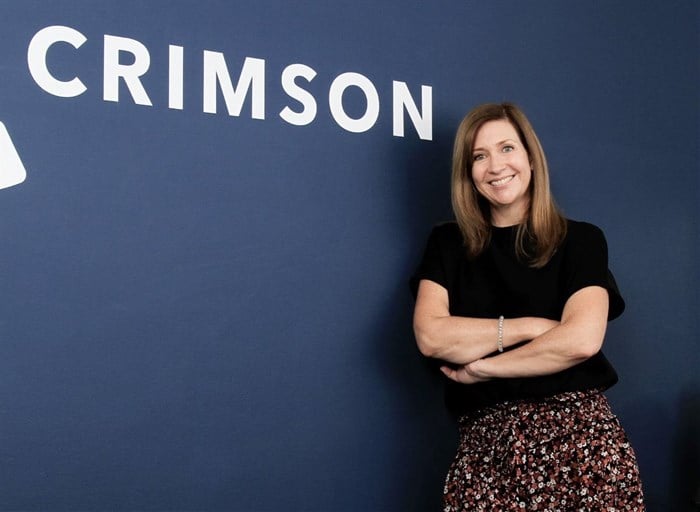
Top stories






More news
















Logistics & Transport
Uganda plans new rail link to Tanzania for mineral export boost










Since Facebook changed its name to ‘Meta’ at the end of October, the concept of the metaverse has been thrust from a science fiction dream into reality. While most people are still trying to understand exactly what the metaverse is, and whether it's something they should take seriously, many young people have already adapted to virtual life. Heading into 2022, the education sector will need to review how it is preparing students for the digital future, and ensure it is keeping up with the kids.
From Roblox to Oculus, children as young as 13 are spending an unprecedented amount of time in virtual environments, via digital avatars of themselves. By carefully monitoring their screen time, and teaching them how to spend time in the virtual world responsibly, parents and educators can help students achieve a positive balance between digital literacy and real-world participation.
Meta CEO Mark Zuckerberg estimates that it could take five to 10 years before the key features of the metaverse become mainstream. This will prove to be just enough time for high school students to complete matric and pursue a degree that will set them up for success – academically, professionally, and even socially. With this in mind, the education sector is likely to see the following trends emerge:
Completely digital high schooling is a logical first step in a more immersive digital environment. While several online schools have popped up locally over the past year, spurred on by lockdown restrictions, greater emphasis will be placed on quality as a means of differentiation. As more families enter the virtual environment, they’ve begun to understand the importance of engaging, participatory, and collaborative learning experiences. Key considerations include class size, teachers’ digital experience, and extracurricular support.
Covid-19 has taught us to embrace the power of technology and innovative software. Beyond video conferencing and online learning tools that deliver content to a passive audience, we’ll see functional tech that supplies data on how students are progressing. For example, sentiment analysis tools review text conversations to evaluate tone and emotions, so teachers can see how students are feeling. Eye movement tracking technology monitors how students are engaging, giving teachers feedback on how best to adapt and improve their lessons.
International universities like New York University and Stanford are already offering metaverse-related courses, and others are likely to follow suit. At the same time, existing degrees may start to incorporate elements of virtual reality into their curricula. Here are some of the top degrees for success in the metaverse:
Over the past two years, we’ve seen students embracing the new learning opportunities that opened up to them as a result of increased digital integration. At Crimson, we were excited to see young people using flexible learning schedules and new technology to focus on their passions and areas of interest. Educators and educational institutions can learn from this, to ensure students are being offered the right support and curricula to succeed in the future.
